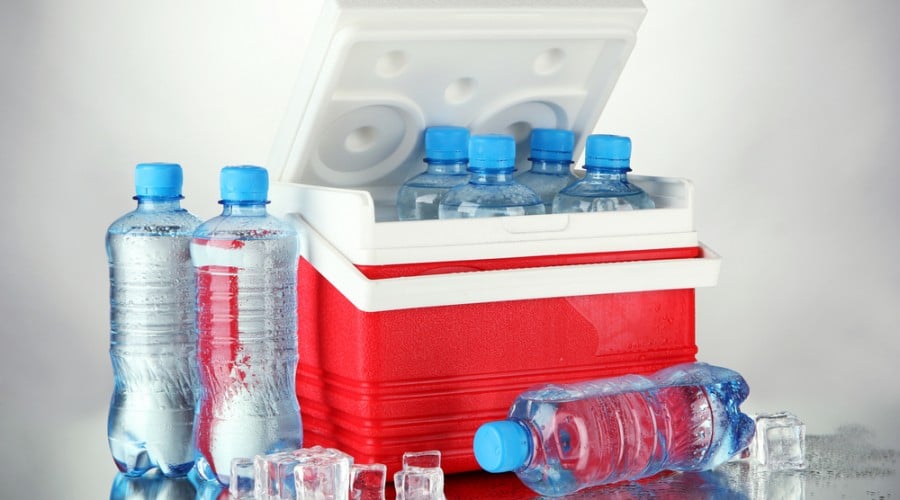WHAT ARE THE GENERAL HYGIENE AND FOOD SAFETY RULES TO FOLLOW WHILE TRAVELING ?
When traveling, you sometimes have to live in hygiene conditions which are not as good as in your home country, especially if you go to developing areas. Consequently, it is important that you always remain careful about food safety, and that you have good personal hygiene practices to avoid being affected by potentially dangerous diseases.
HAVE SAFE FOOD HABITS
Traveler’s diarrhea, or turista, is affecting almost 80% of travelers. This disease is transmitted through the consumption of contaminated food or water. And it is not the only food-related infection you could face while traveling : hepatitis A, typhoid fever, cholera and amoebiasis can also be quoted. To prevent these sicknesses, you should never forget the following food safety rules :
- Always wash your hands before eating or preparing food with clean water and soap.
- Only drink sealed bottled water, water which has been treated with an adequate purification product or which has been boiled for at least five minutes. Avoid using ice, unless you are sure it has been made with safe water. You must also use safe water to brush your teeth.
- Never consume raw or under cooked food, especially meat, fish and seafood, and always eat food while it is still hot. Fruits and vegetables must be washed with safe water and peeled before being consumed or prepared.
- Avoid drinking unpasteurized milk and consuming unpasteurized dairy products.
WHAT ABOUT THE PERSONAL HYGIENE PRACTICES ?
If you travel to a tropical country, be especially aware of skin rash, which is caused by parasites and hot climate, as well as of the potentially severe diseases present there. These are the precautions you should always take :
- Frequently wash your hands with clean water and soap, especially after going to the bathroom, and regularly take showers.
- After washing your clothes, put them to dry in a safe place. Preferably hang them on a clothes line or put them in a dryer.
- Always wear closed shoes, especially if you hike in humid and muddy areas.
- Avoid swimming or walking barefoot in standing waters.
- Avoid close contact with animals, wild or domestic.
- If you are victim of a wound, a bite or a scratch, you should see a doctor, even if it seems benign.
- Never have unprotected sex.
- When possible, refuse injections. If this is inevitable, make sure the equipment and medical supplies used are sterile.

